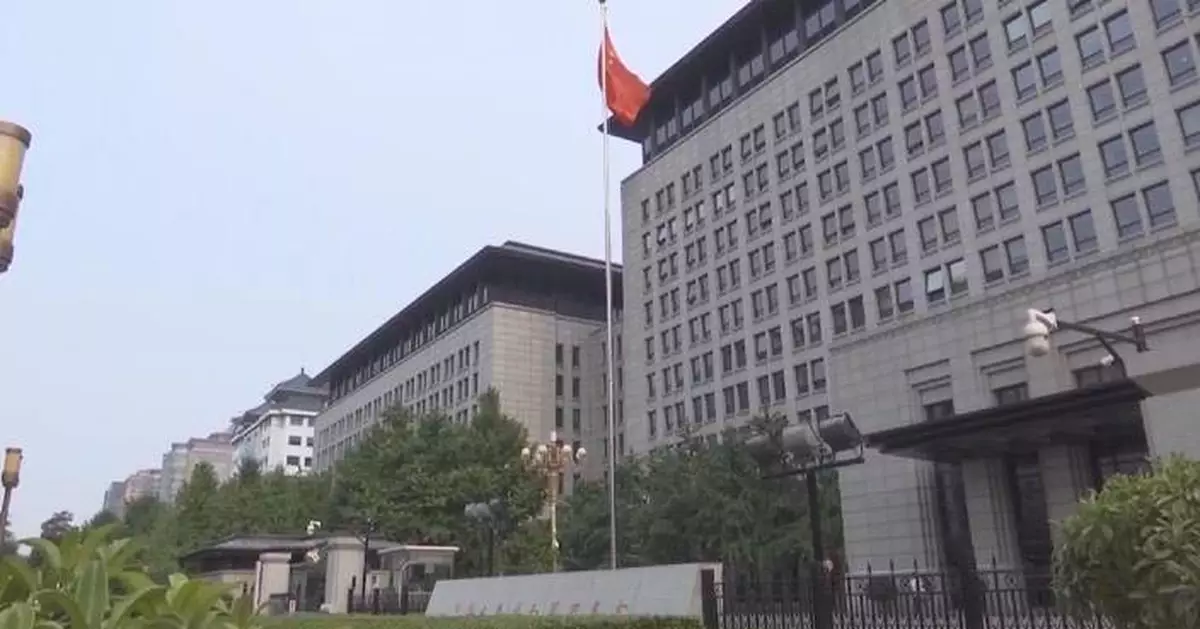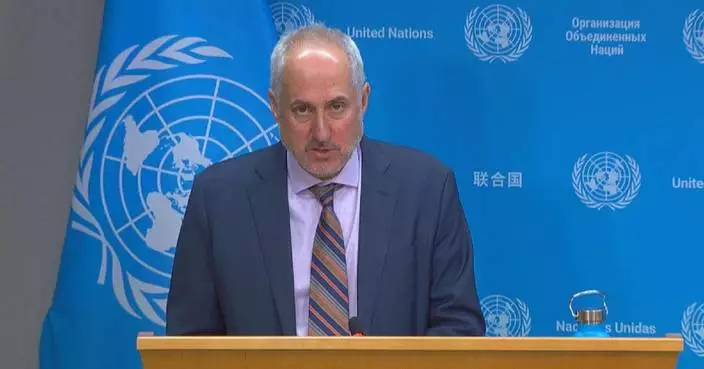China on Friday expressed strong opposition to the U.S. measures following its investigation into China's maritime, logistics and shipbuilding sectors.
China has repeatedly reaffirmed its views on the Section 301 investigation and presented the non-paper on its position, urging the United States to stop blaming China for its domestic industrial problems, said a spokesperson for China's Ministry of Commerce.
As a typical act of unilateralism and protectionism, the measures severely harm the legitimate rights and interests of Chinese enterprises, gravely disrupt the stability of global industrial and supply chains, blatantly violate WTO rules, and fundamentally undermine the rules-based multilateral trading system and international economic and trade order, the spokesperson stressed.
China urged the United States to respect the facts and multilateral rules and stop its wrongdoing, the spokesperson said, noting that China will closely monitor U.S. actions and resolutely take necessary measures to safeguard its legitimate rights and interests.
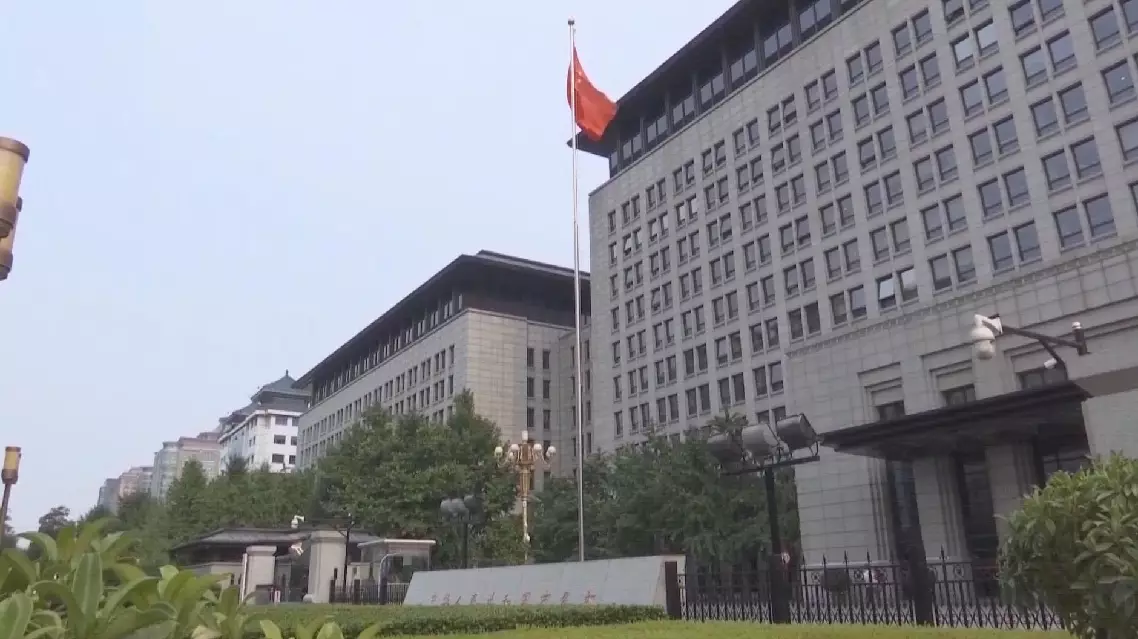
China firmly opposes U.S. measures targeting its maritime, logistics, shipbuilding sectors
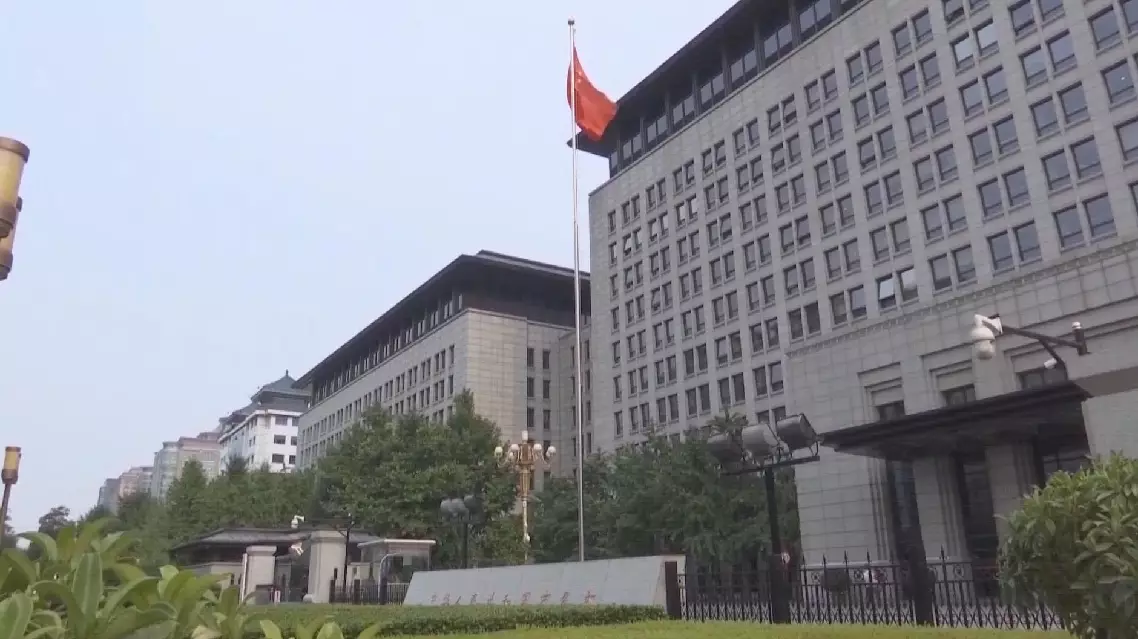
China firmly opposes U.S. measures targeting its maritime, logistics, shipbuilding sectors
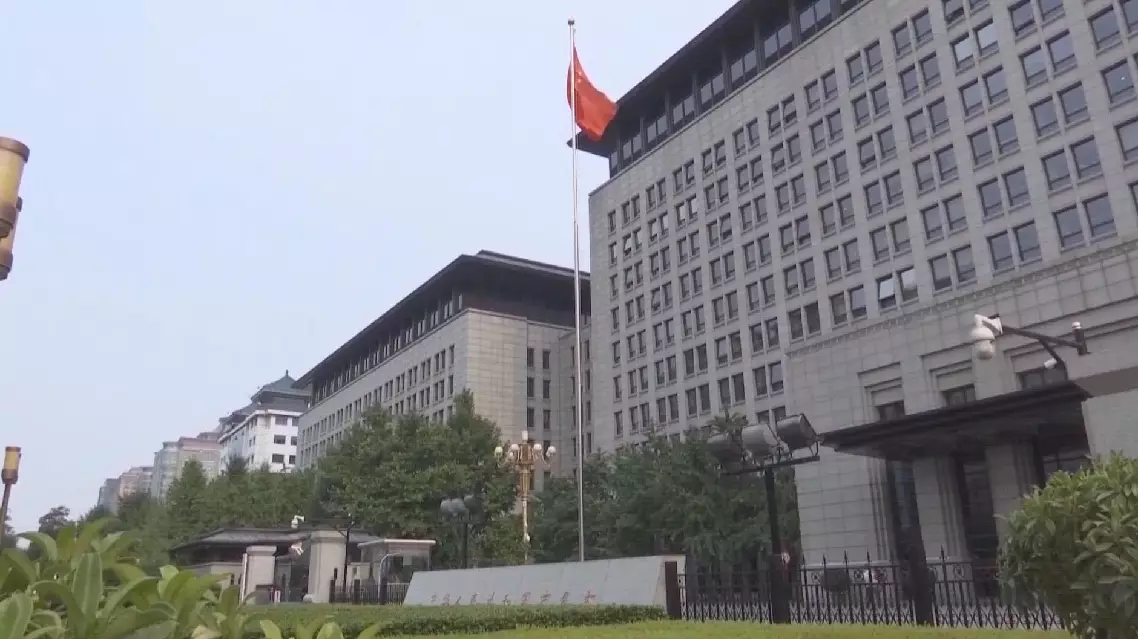
China firmly opposes U.S. measures targeting its maritime, logistics, shipbuilding sectors
Tensions between Pakistan and India have forced many tourists to give up their trip to the famous Neelum Valley in the Pakistan-administered part of Kashmir.
Neelum Valley is vulnerable to military operations as it is located less than three kilometers away from the Line of Control, which is deemed the border dividing the India-controlled and Pakistan controlled parts of Kashmir.
Many tourists had to halt their trip at the popular Dhani Waterfall as local authorities issued a ban on entering the Neelum Valley, disappointing those who had long been eager for the tourist attraction and driven for hours to get there.
"Firstly, they shouldn't have let the tourists enter Kashmir from Kohala. It wasted a lot of their time. Now they are asking them to turn from the Neelum checkpost," said Mubashir Ali, a local resident.
The security concerns have also emptied guest houses and hotels in the valley, affecting local tourism and people's livelihood a lot.
Tensions between the two South Asian neighbors have escalated following a deadly attack on tourists in the India-controlled Kashmir town of Pahalgam on April 22, in which at least 25 people were killed, according to Indian media reports.
India has accused Pakistan of involvement in the attack, an allegation Pakistan has strongly denied.
On April 23, the Indian government announced several measures against Pakistan, including the suspension of the Indus Waters Treaty, border closure, and the expulsion of Pakistani personnel.
India's Ministry of External Affairs announced on April 24 that it would suspend all categories of visas for Pakistani nationals starting immediately, and advised Indian citizens against traveling to Pakistan.
In response, Pakistan announced countermeasures against India on April 24, including closing down the Wagah Border Post, suspending certain visa facilities for Indian nationals, declaring the Indian Defense, Naval and Air Advisors in Islamabad persona non grata, closing Pakistan's airspace for all Indian airlines, and suspending all trade activities with India.

Pakistan-India tensions force tourists to give up exploring Neelum Valley





